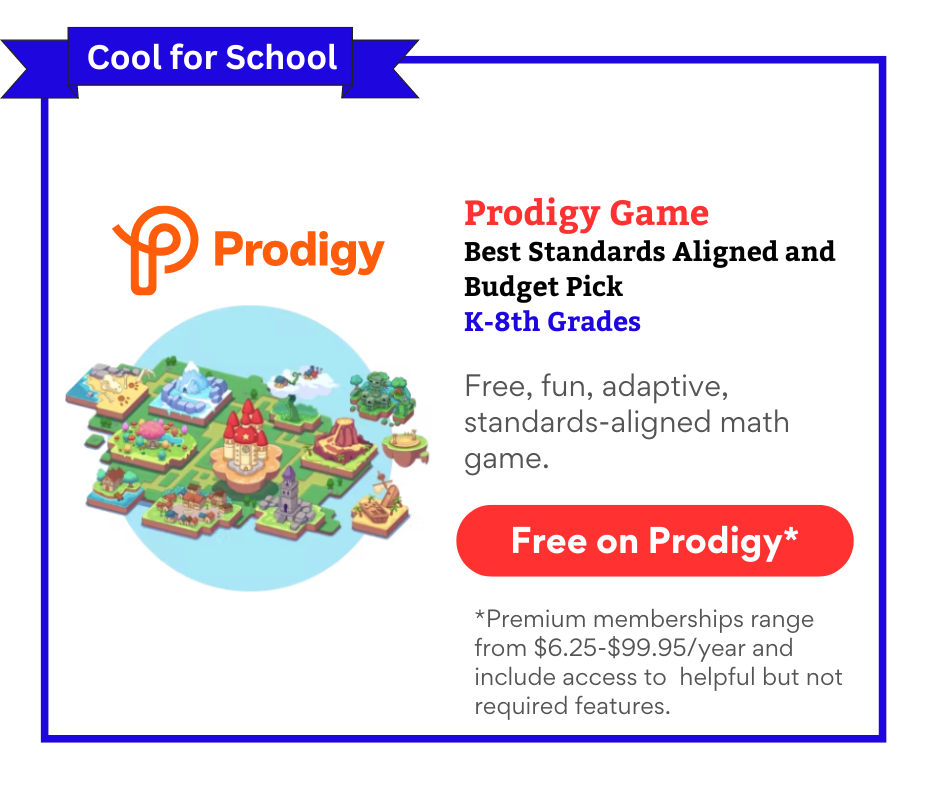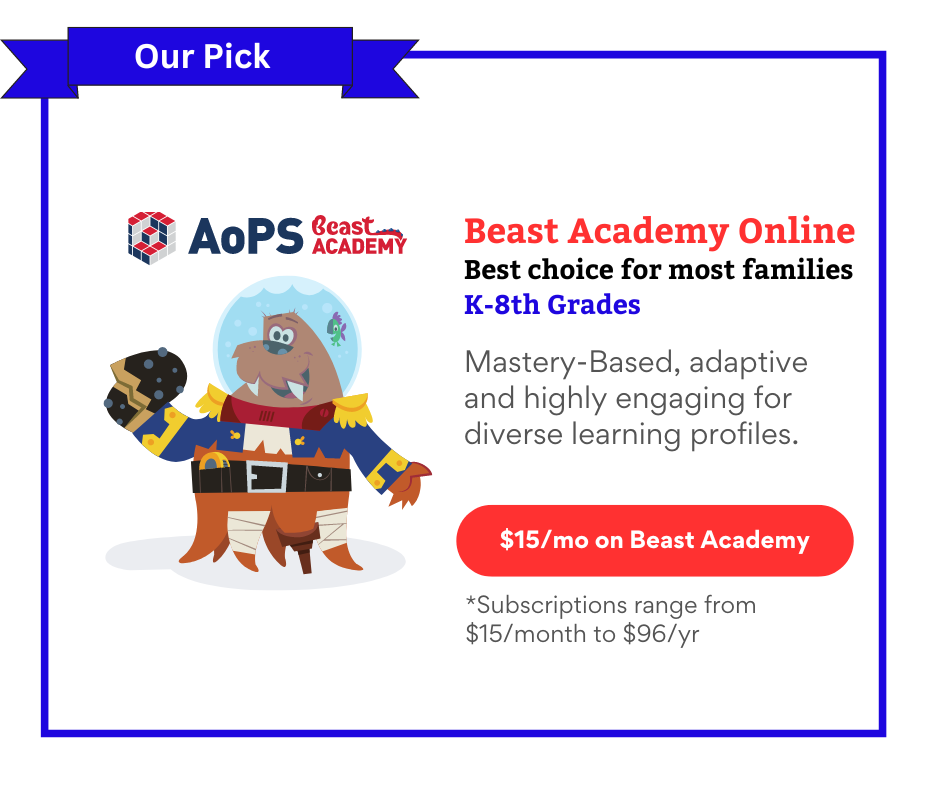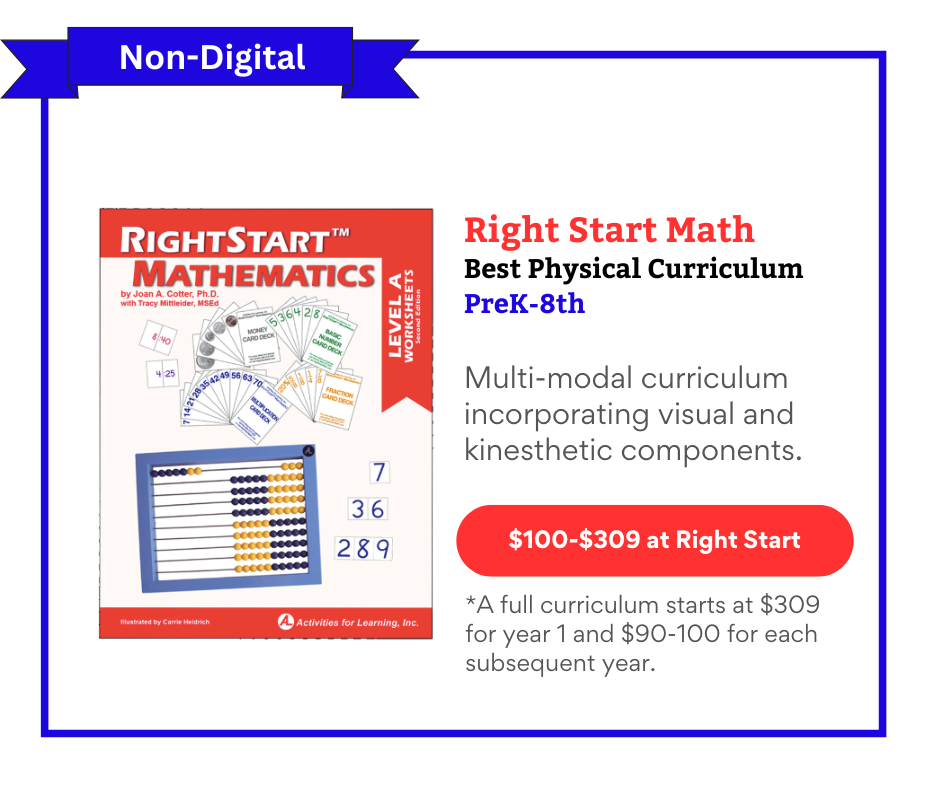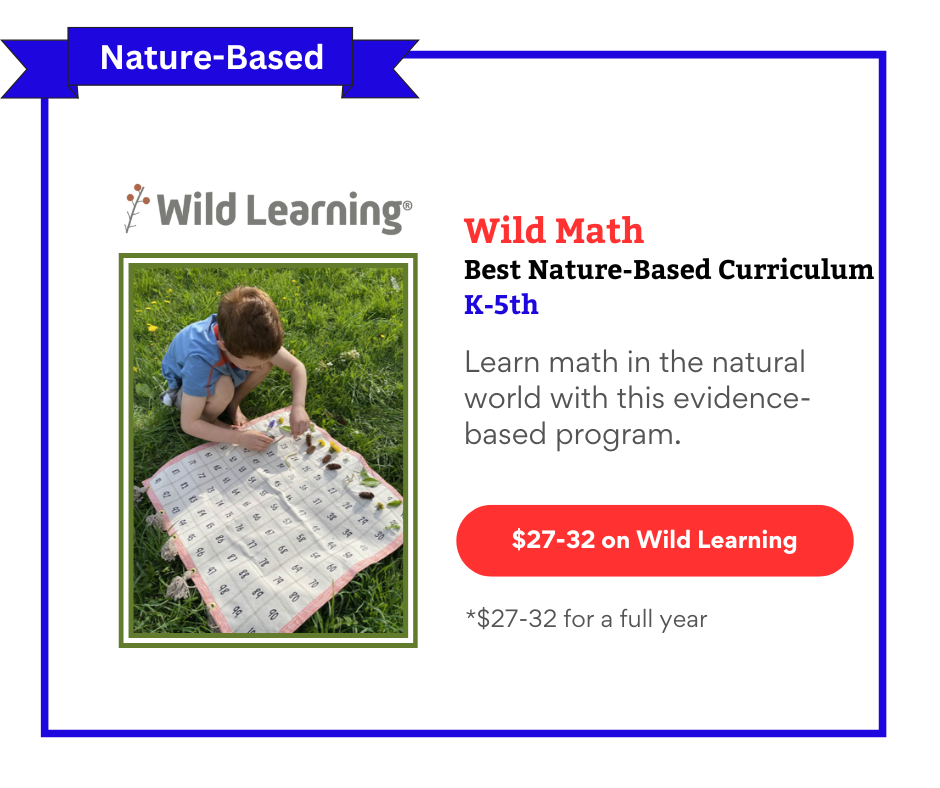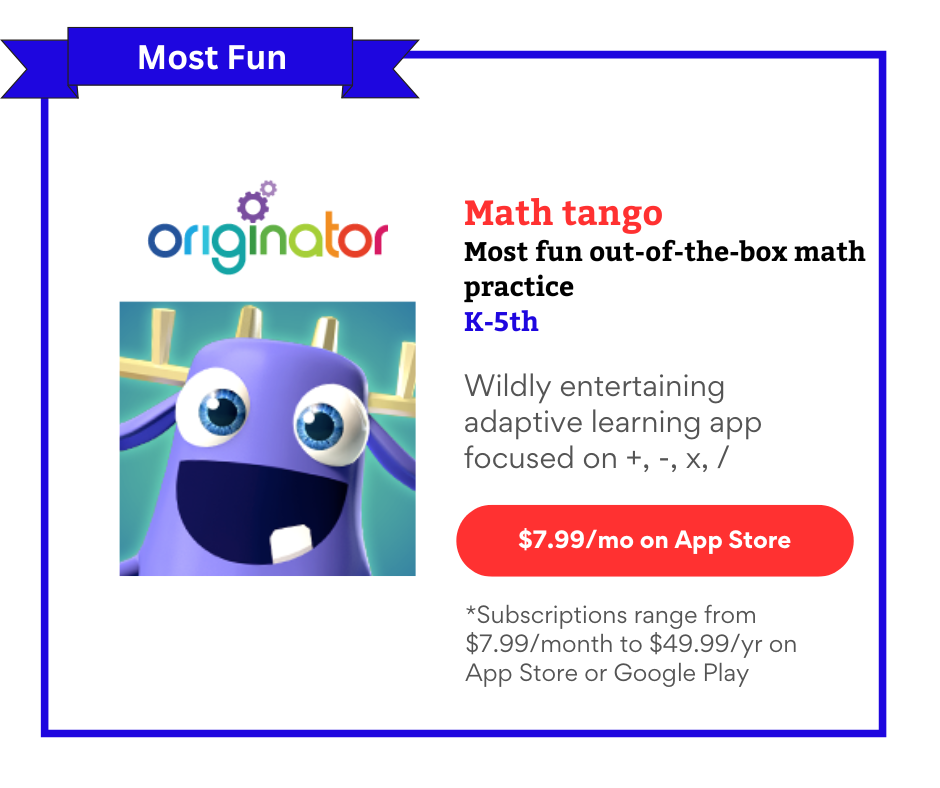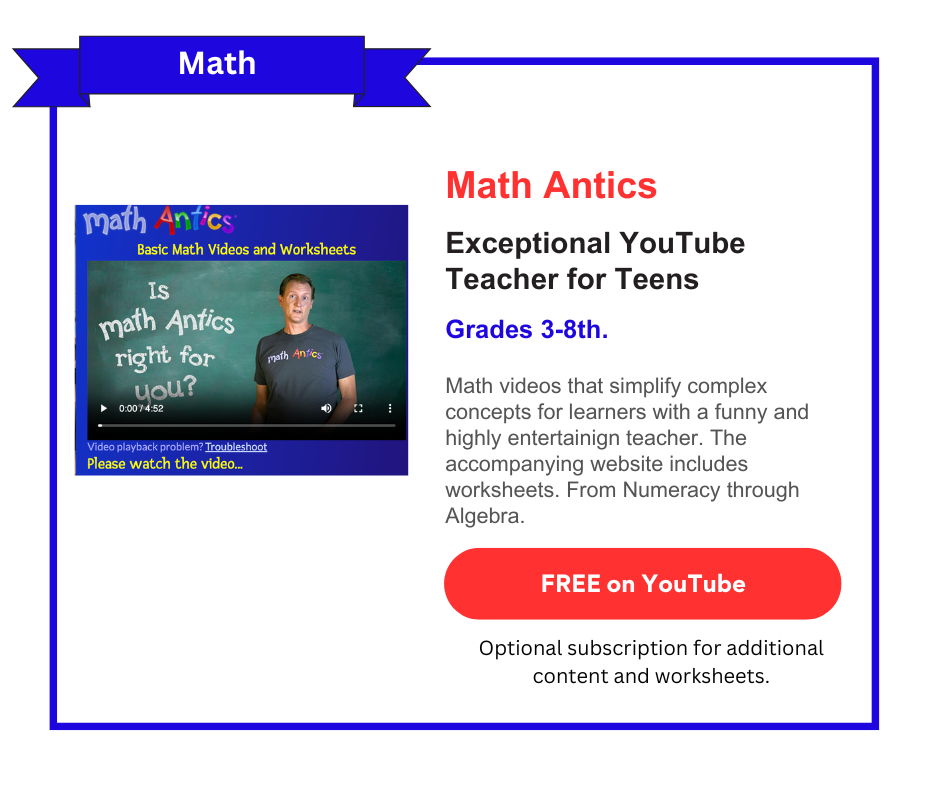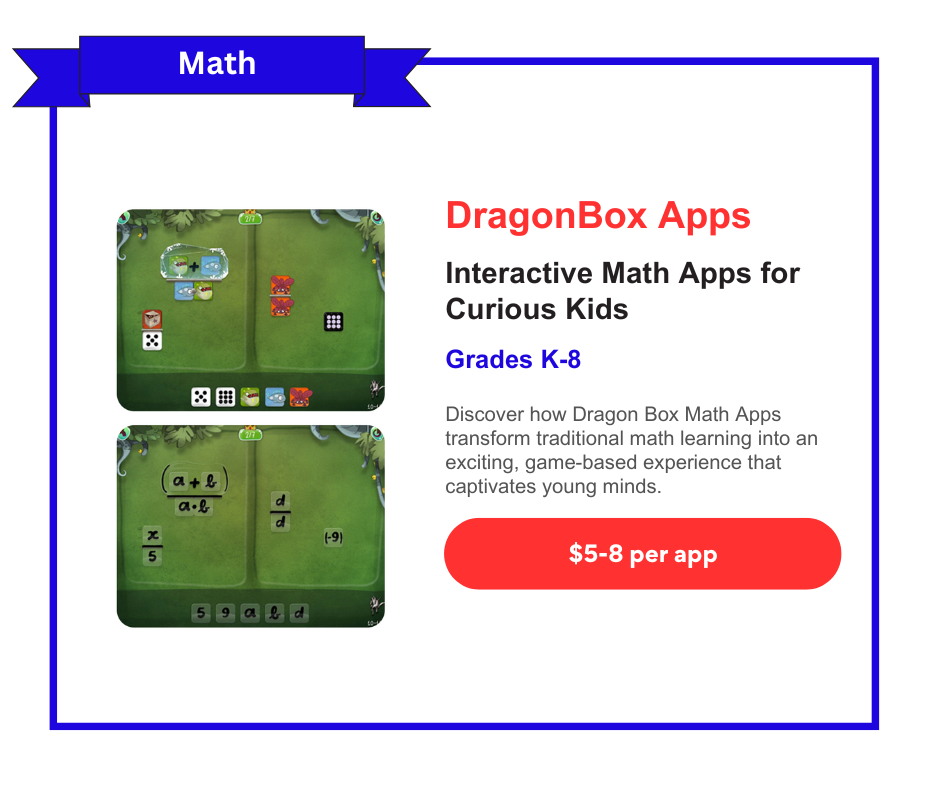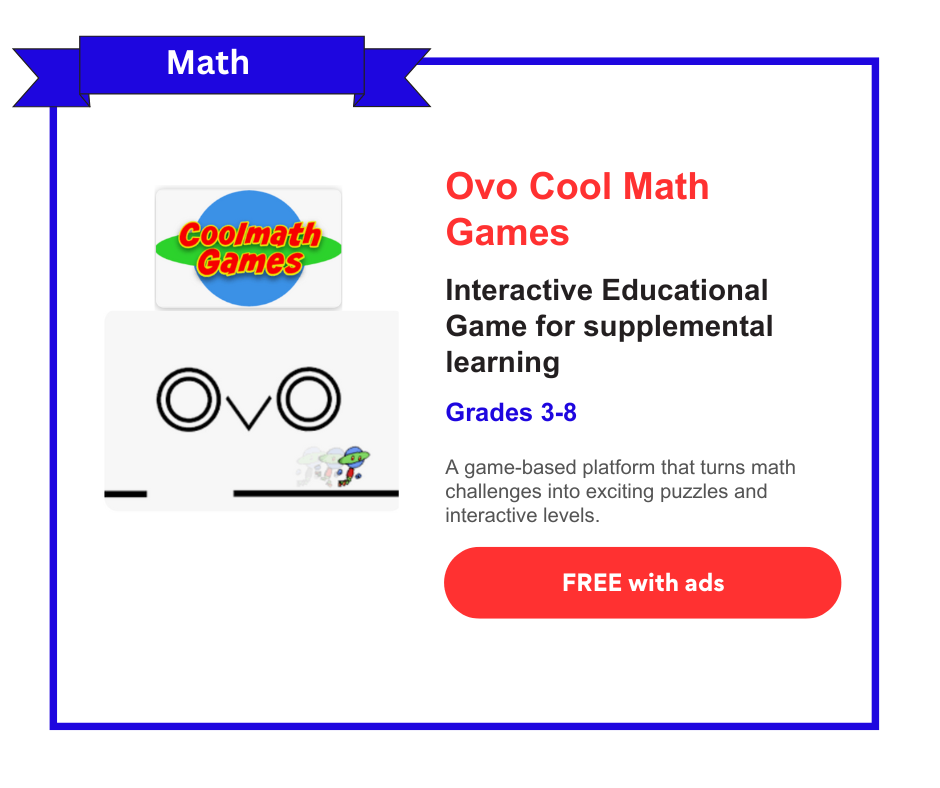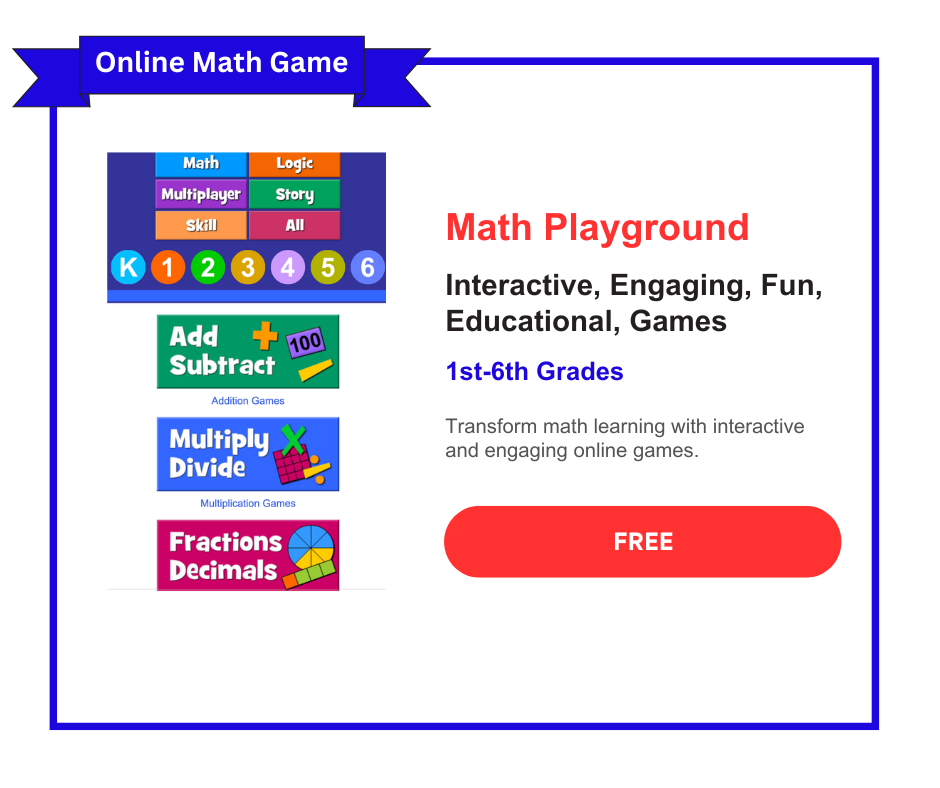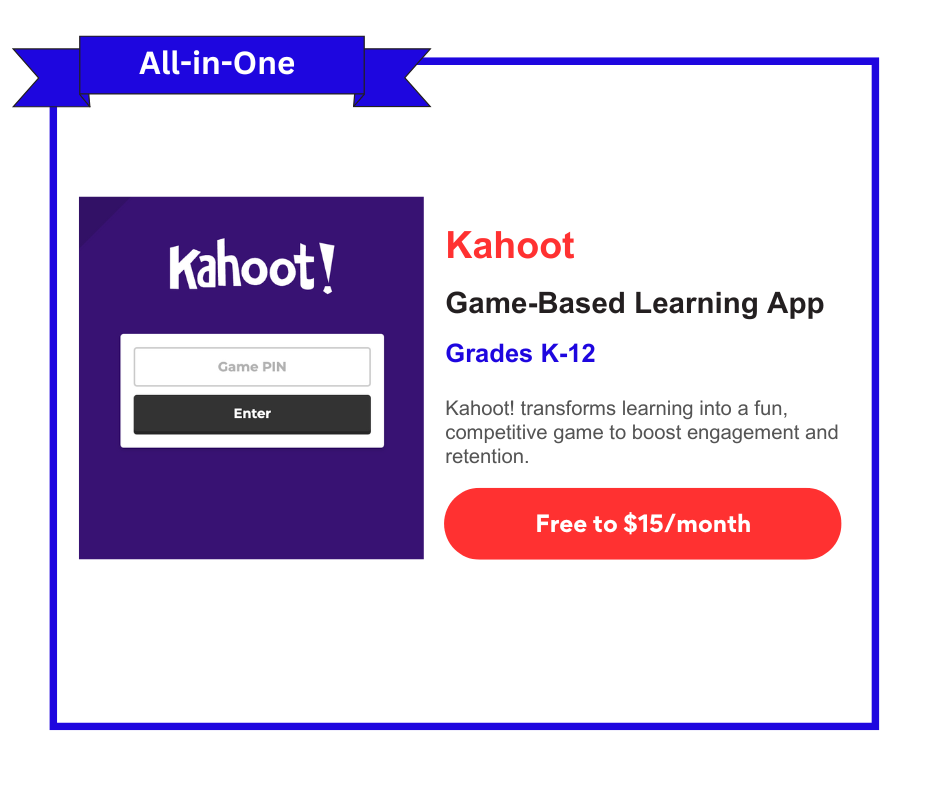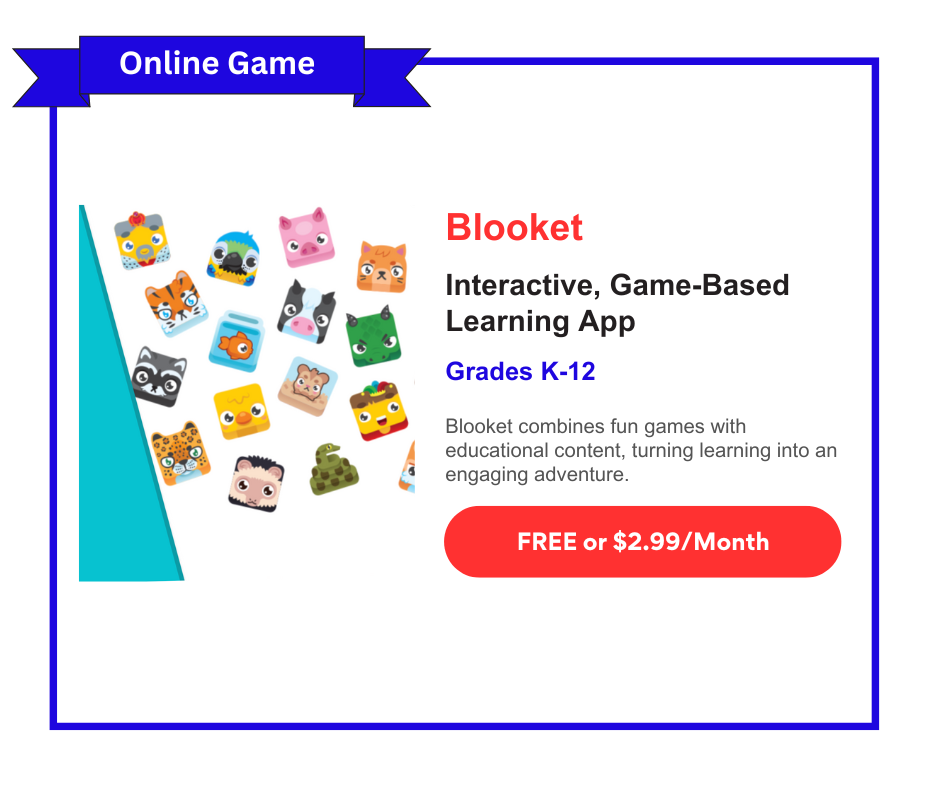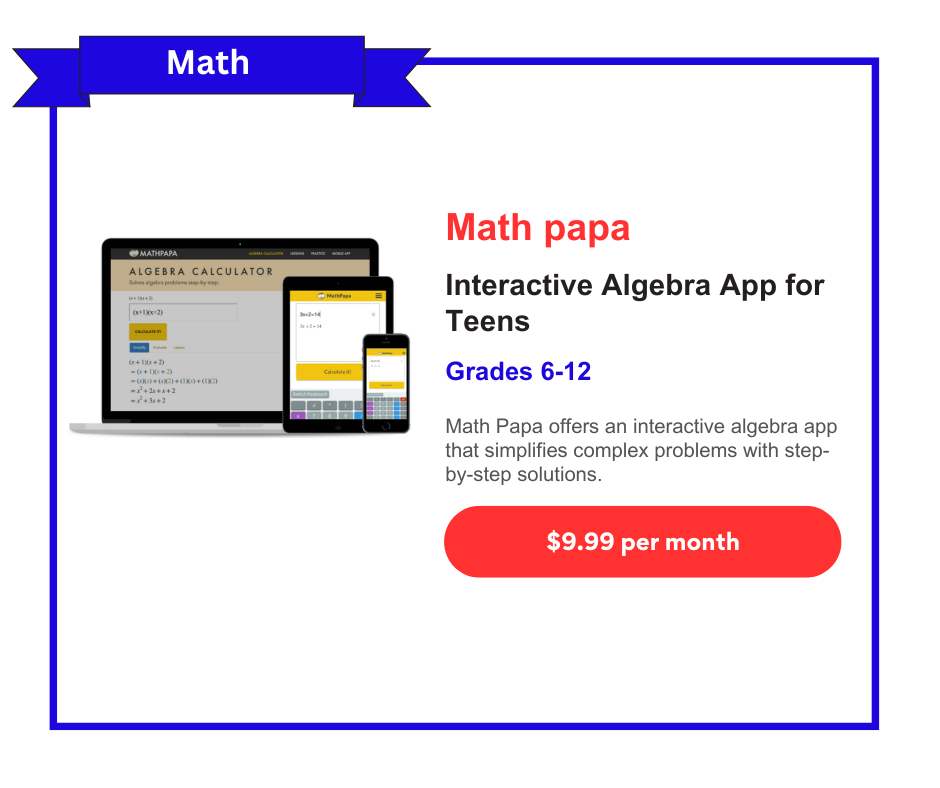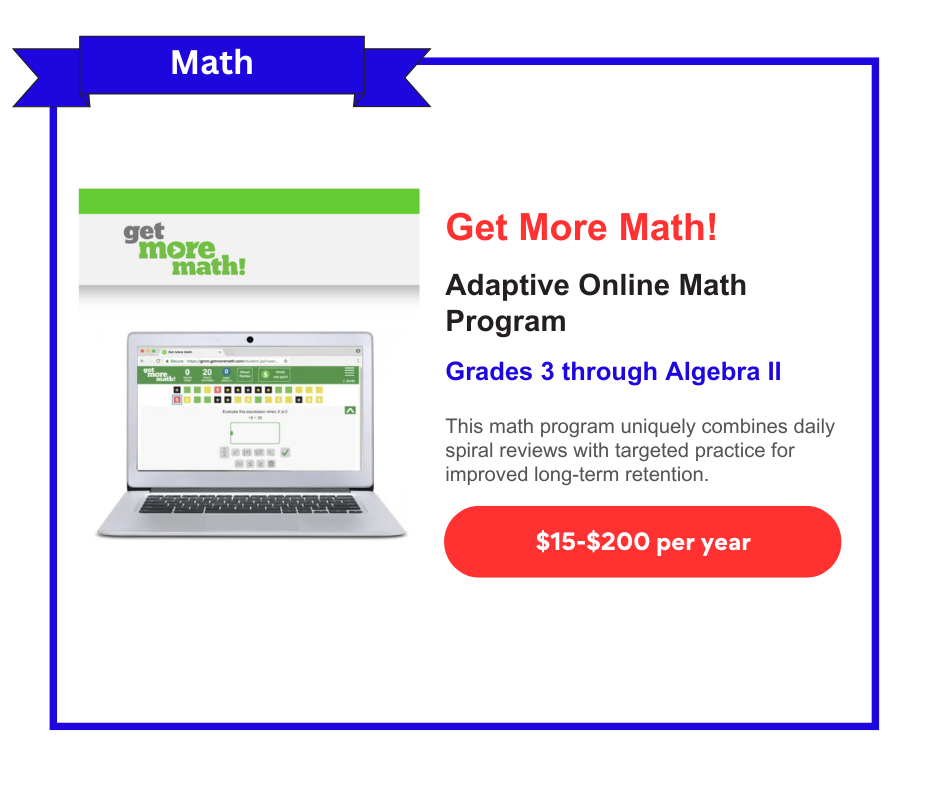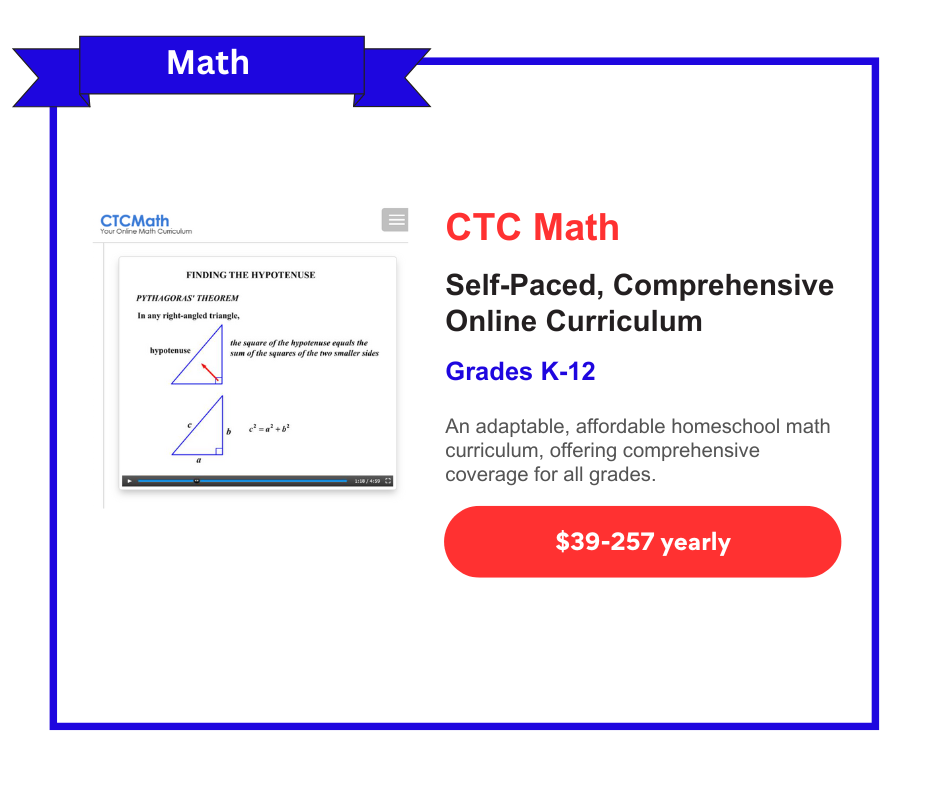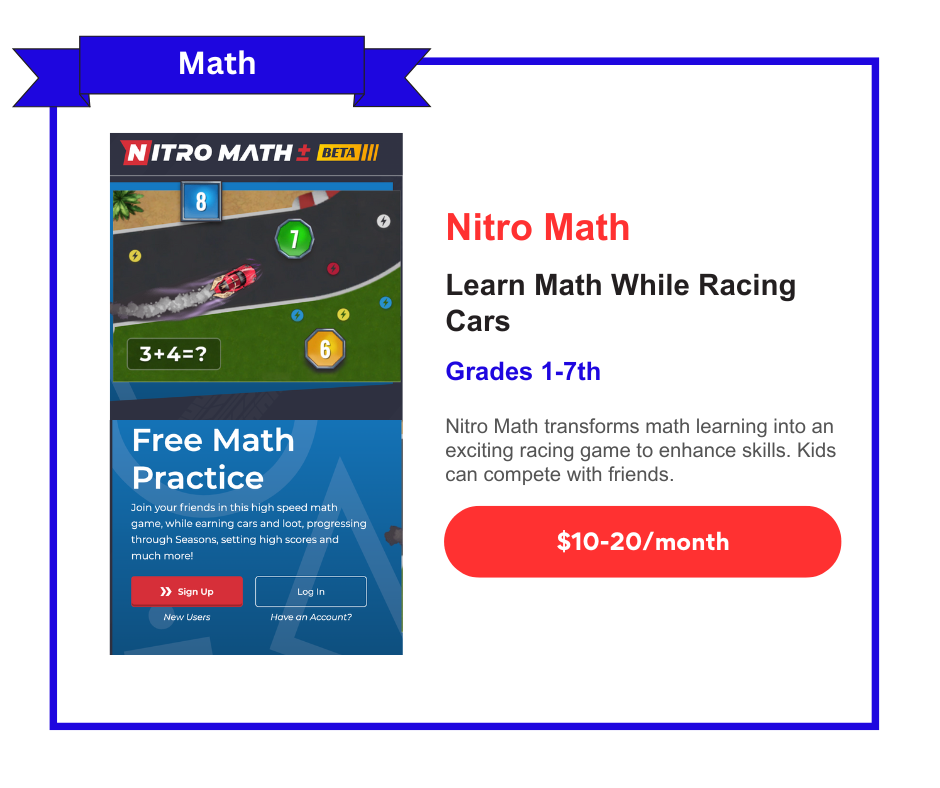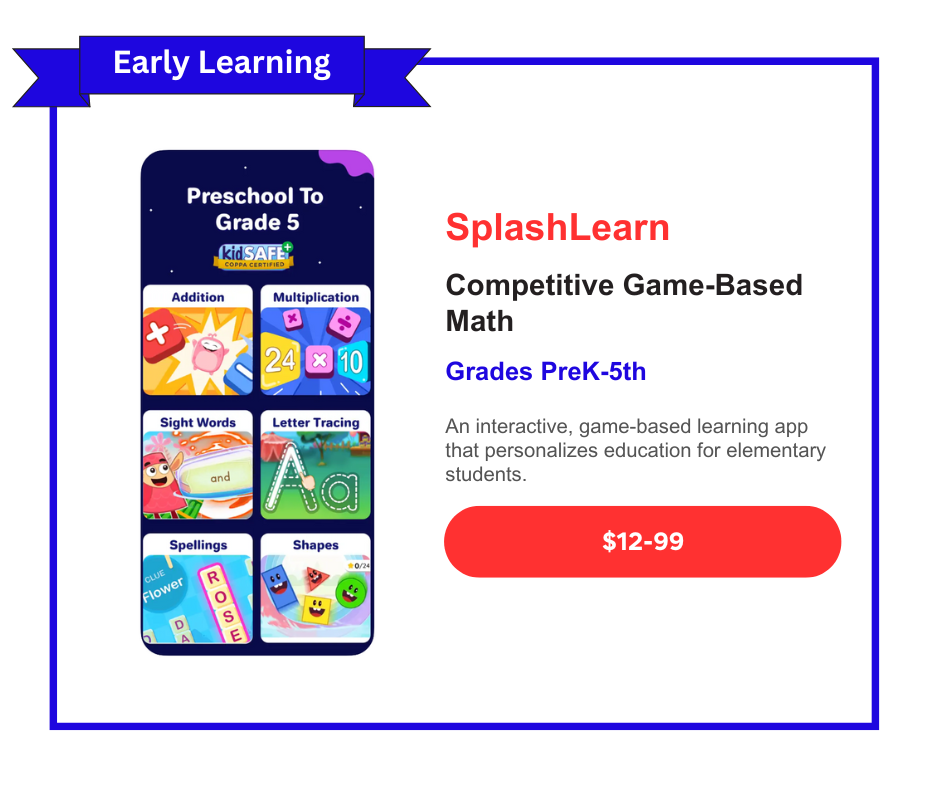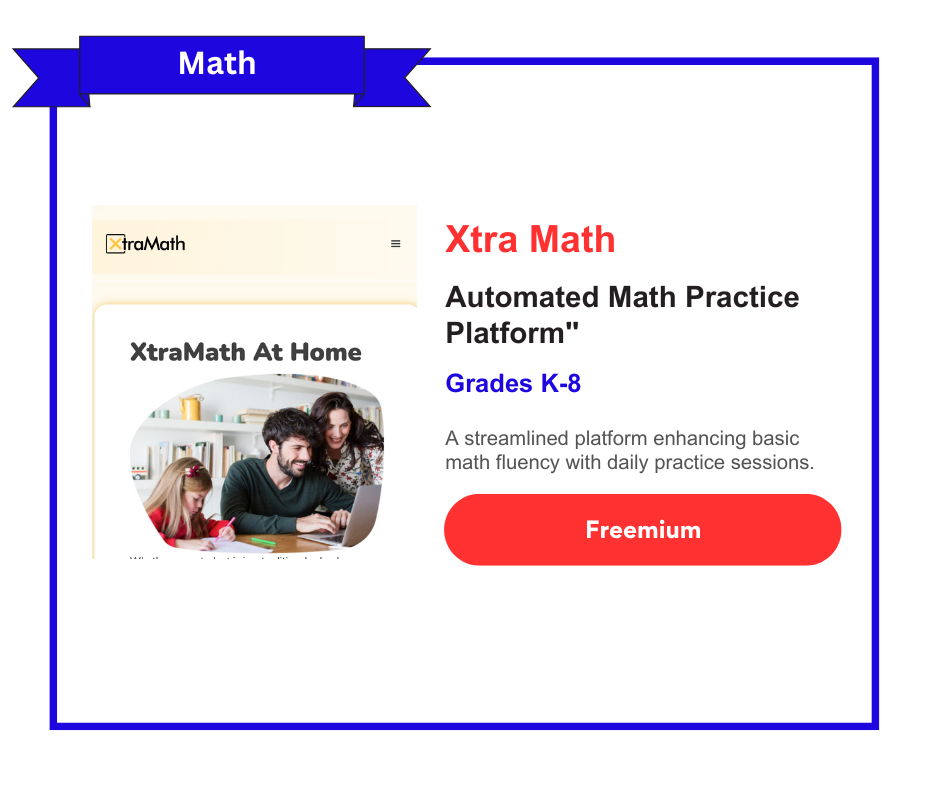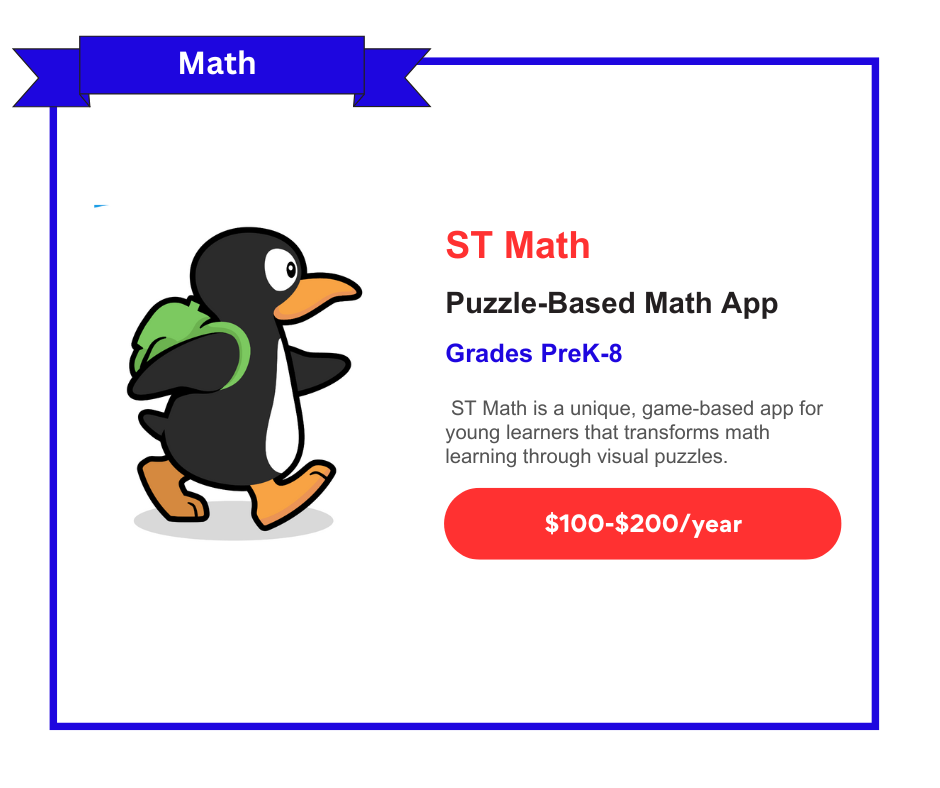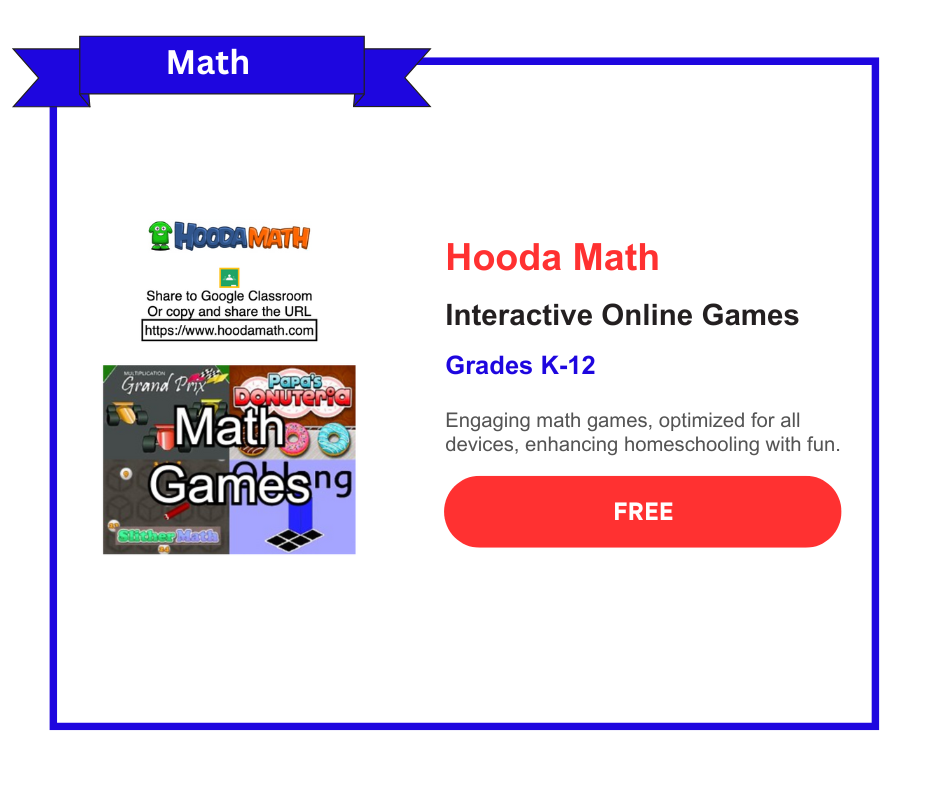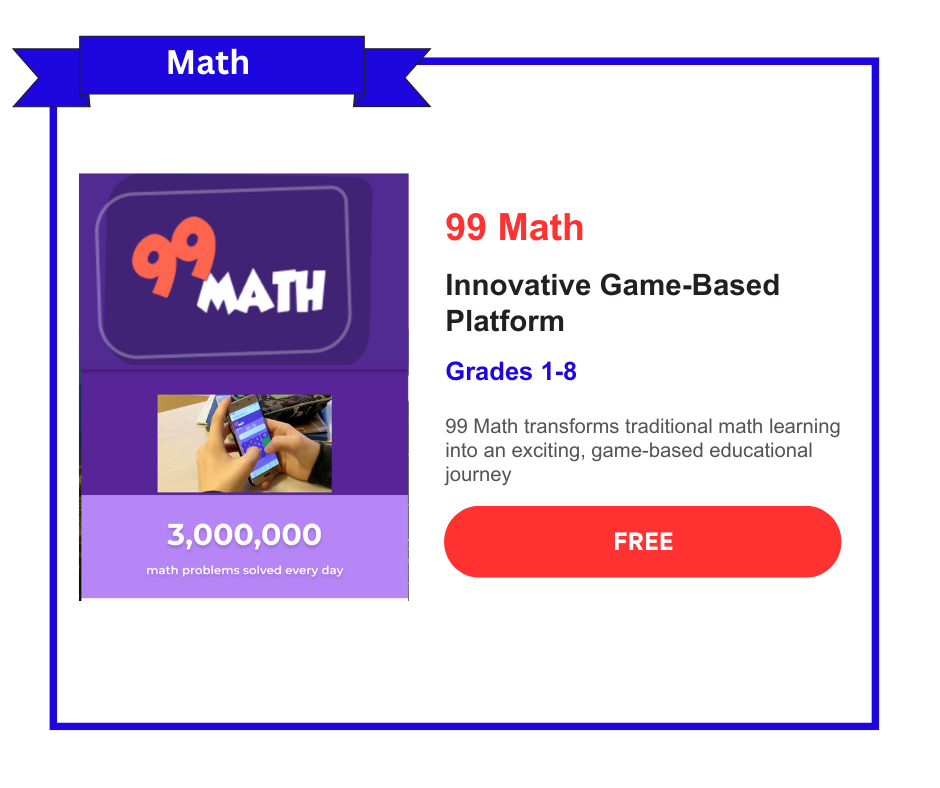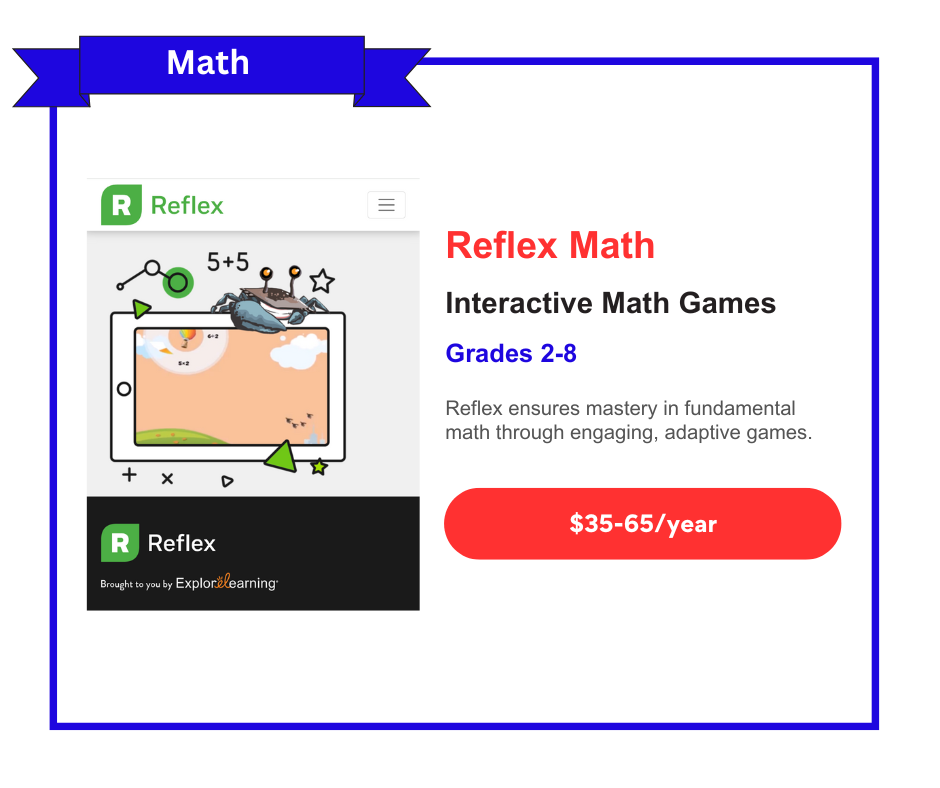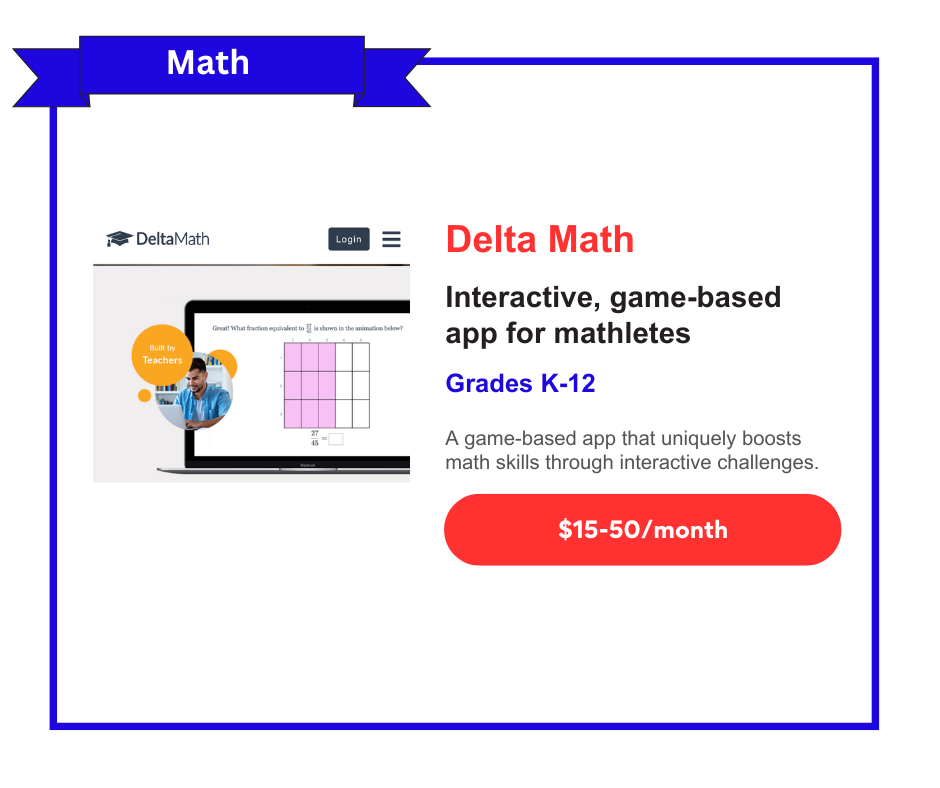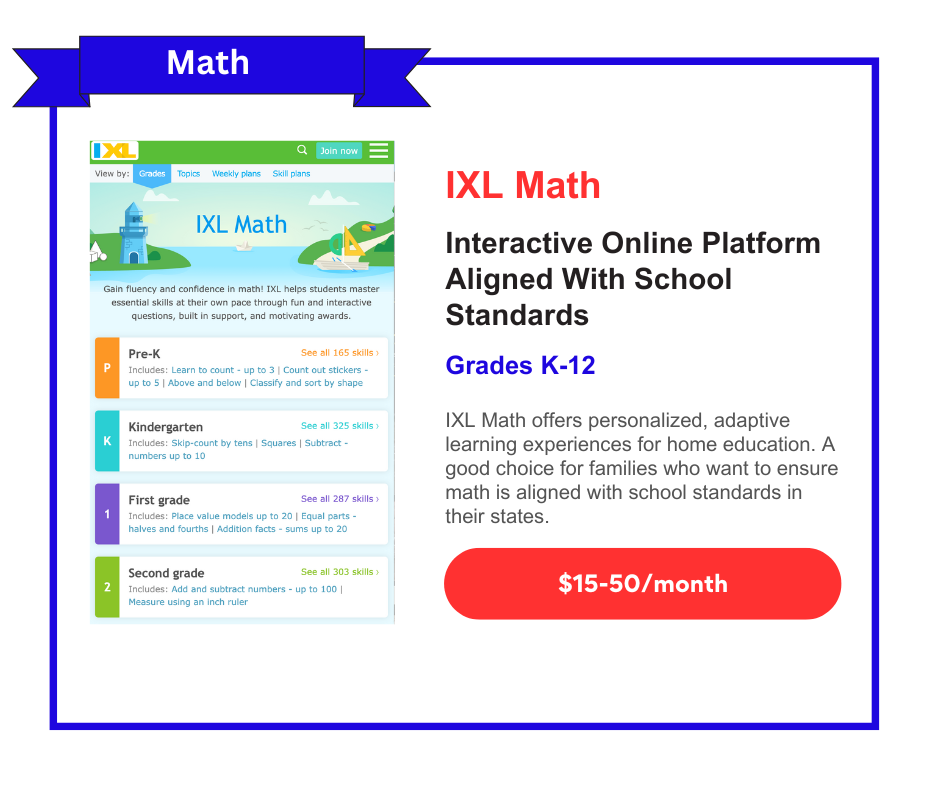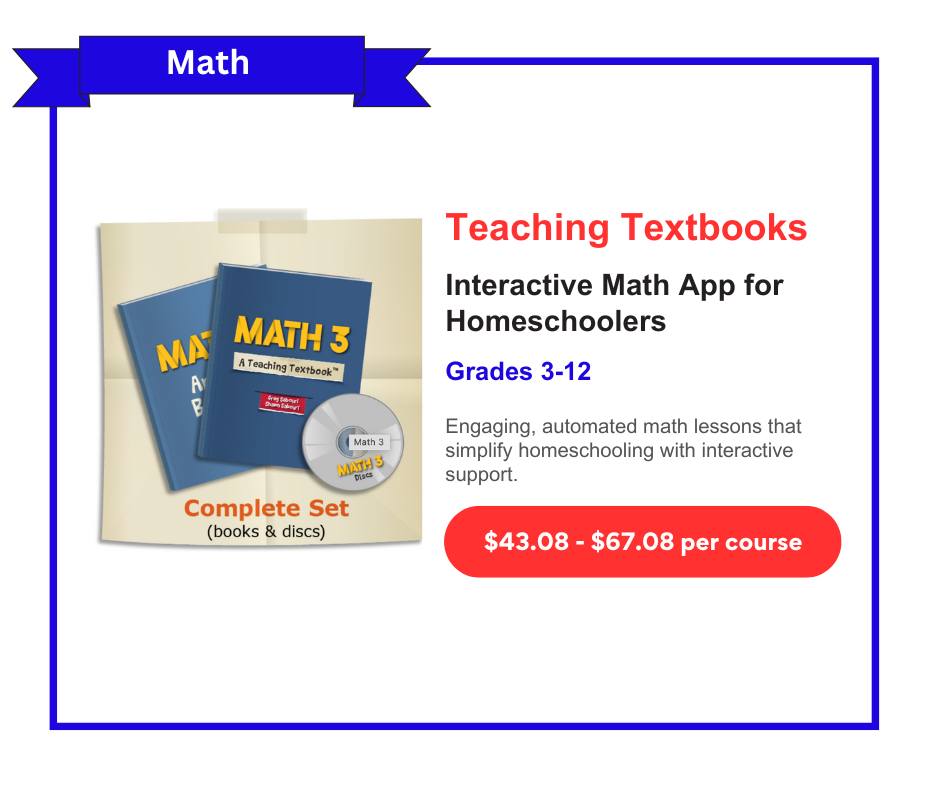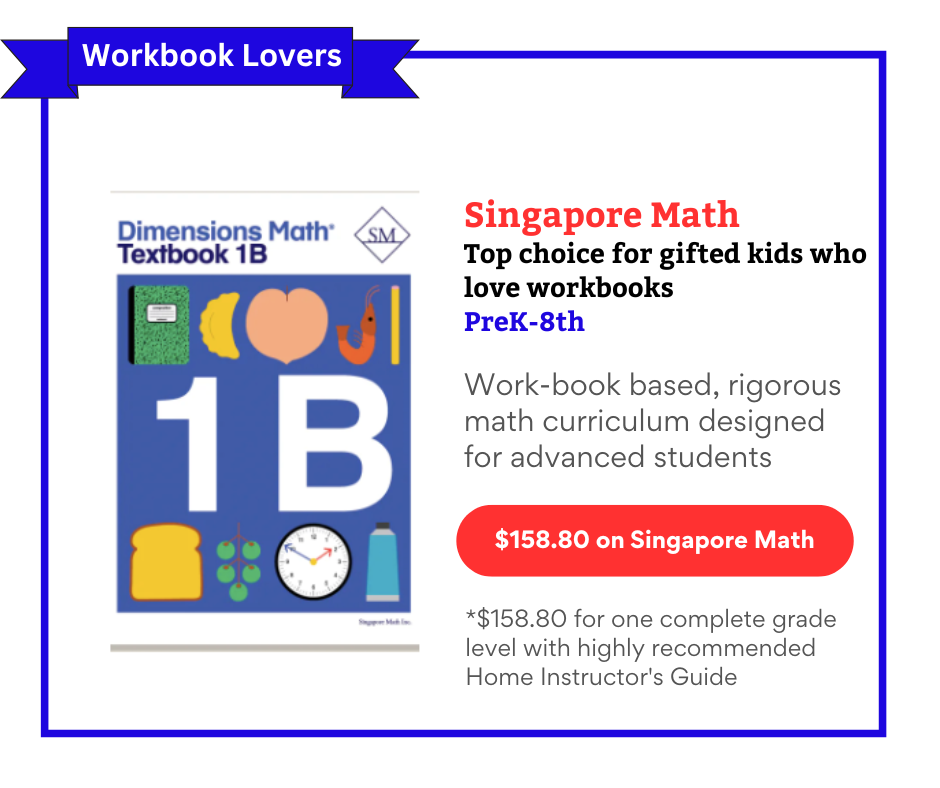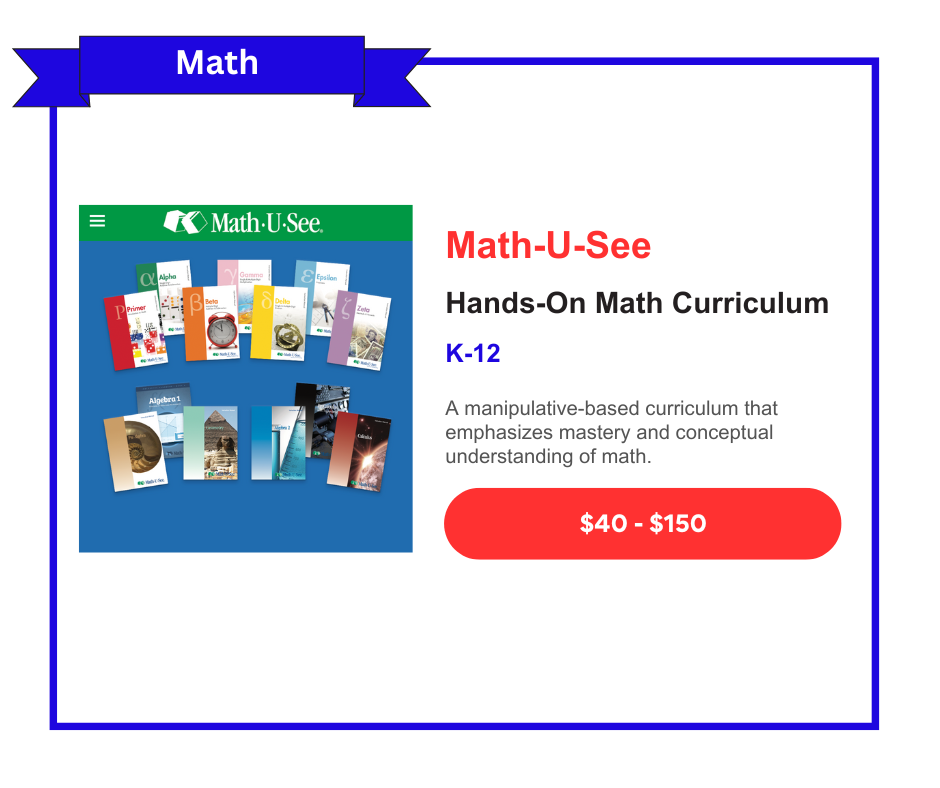A Comprehensive Review of Beast Academy by an experienced math teacher: Is it a good choice for your child?
Updated on February 16, 2025
This review was written by Manisha Snoyer, the founder and CEO of Modulo, a company that provides resources and support families who are homeschooling their children. With over 20 years of experience as a teacher, Manisha has instructed over 2,000 children of all ages and abilities in three countries and 18 subjects. She has tutored at some of the best private schools in the world and throughout the NYC public school system. Manisha graduated Summa Cum Laude from Brandeis University.
Of all the math curriculum we tested, Beast Academy online is one of the only truly adaptive, mastery-based, digital math curricula we’ve tried that kids love as much as we do. Created by two award-winning math team coaches to help revive math as a creative discipline (not a hateful chore), this comprehensive K-8th curriculum includes 20,000+ problems, puzzles, and activities and 1000+ lessons. Rather than simply teaching kids how to memorize facts they need for standardized tests, Beast Academy encourages children to learn to solve problems and develop sophisticated spatial and symbolic thinking skills. Kids who love video games and comic books will especially gravitate towards this program. While developed for gifted math students, we’ve found that many students with ADHD and on the spectrum also thrive with this program.
Students with dyscalculia may have more difficulty with Beast Academy Online and if you find your child is not enjoying the program or getting easily frustrated, we recommend trying another option. Most families we’ve worked with prefer the online version to the books. Beast Academy is $16/month or $100/year for the online version.
Budget alternative: Prodigy Game
Preschool alternative: Homer*
Non-screen alternative: Right Start Math* or Beast Academy Books
High school option: Art of Problem Solving
Grades: K-8th
The in-depth review of Beast Academy
Of all the math curricula we tried, the online version of Beast Academy (designed for children ages 6-13 stood out as the most innovative, challenging and engaging mastery-based curricula that was accessible to a wide variety of learners. We specifically highlighted the online version of Beast Academy because of the adaptive software, and entertaining videos. While Beast Academy was designed with advanced students in mind, we found it was also the most appealing families with diverse learning profiles, beyond gifted. In particular, many children with dyslexia have thrived with the online version of Beast Academy, which made math click in a whole new way for them.
Beast Academy was co-founded by Richard Rusczyk, USA Math Olympiad winner and CEO of the Art of Problem Solving, and Jason Batterson, 8th grade math teacher and North Carolina state champion MATHCOUNTS coach. They met at the national MATHCOUNTS championships in 2009 and set out to create a math curriculum for younger students that presented mathematics as a beautiful, creative discipline. The idea for a comic-style curriculum came from a desire to model conversations about math in a way that students could enjoy and relate to. In 2018, they launched Beast Academy Online, the interactive online learning platform for children ages 6-13, which includes teaching videos, puzzles, games, more than 1000 lessons and over 20,000 problems. The curriculum includes challenging problems, engaging explanations, and a focus on the hows and whys of mathematics.
What differentiates Beast Academy online from the other programs we tried is the quality of the adaptive software, engaging teaching, the multi-modal approach (video, audio, pictures, text) - and most of all, the emphasis on cultivating conceptual vs procedural understanding of math. It’s truly focused on help kids develop math problem solving skills, logical and abstract thinking, deepening symbolic and spatial awareness, rather than simply preparing for standardized exams.
Students move forward at their own pace, mastering each concept before moving on to the next. The program also teaches social-emotional skills like a growth mindset. The little monsters at Beast Academy model attitudes and approaches that we want to see in classrooms, including making mistakes and learning from them. Students who have aversion to handwriting or find writing painful will particularly enjoy the easy-to-use digital interface. From this perspective, it’s the most innovative, comprehensive, math program we’ve found.
How to use Beast Academy
To use Beast Academy online, students can log in and complete online lessons from a desktop or tablet. Parents and caregivers have access to a detailed dashboard (available on desktop, tablet or phone), that includes student progress reports.
Beast Academy does have a placement test to help parents choose a level, however they encourage families to start a level below what children
We recommend sitting beside your child as they work, giving them as much time as they need to think and figure things out without pressuring them, not giving answers, encouraging them to use the videos and hints Beast Academy provides to solve answers. When they get an answer right, you can occasionally ask them to explain it to you as if they’re the teacher. This helps them to deepen the understanding of the process they went through and encourages them to break down concepts. If your child is on a roll with the program, you can do your own work side by side with them as they move forward, or help another child at the same time.
For more tips on communicating with children around learning, see our guide to family involvement in education.
Beast Academy Online Demo
Flaws but not dealbreakers
Beast Academy was designed with advanced math students in mind, but many students who are not particularly strong in math at school also do very well in the program. At first, it might feel challenging, or different than what you’d find at a typical school, but this is because Beast Academy online is helping to develop those deep problem solving skills, not the memorization of procedures and formulas we typically see at school. If you find your child is frustrated, try gently encouraging them to move forward, working on the program 5-10 minutes a day at first. If they are getting very frustrated, we recommend choosing another program, and possibly coming back to Beast Academy at a later time.
Children at the age of five and below might not yet be at a stage of brain development where they are capable of the abstract thinking Beast Academy helps develop. This is why we recommend younger children start with a program such as Homer and build their way up to Beast Academy Online or simply wait to start math until age five or six. There is no evidence that learning academic skills earlier leads to better understanding later in life, so it is more than fine to wait.
If a child has very low confidence in math, it might be a good idea to start Beast Academy a few levels below what they’re used to, or try a program like Prodigy that will give them more confidence before they move on to Beast Academy. If your child has dyscalculia, Right Start Math might be a better fit.
Some parents don’t want screen time and some kids have a distinct preference for physical curricula. In this case, it’s good to follow that and try a physical curriculum such as Beast Academy Books, Wild Math or Right Start Math.
The biggest critique we hear about Beast Academy is that it’s too challenging, or that kids are moving through it too slowly. It’s worthwhile to remember that Beast Academy is approaching math in a different way than most families are used to so this will naturally take a little time to get used to. If you buy into the idea that learning problem solving vs memorizing procedures has inherent value to prepare kids for the math that they’ll need in life, we encourage you to keep going when it feels hard.
Children who are gifted in math may be used to math coming easy to them before they tried Beast Academy. Some (but not all) gifted children have perfectionist tendencies and feel perturbed that they’re confronted with a math program that isn’t easy for them. Other children may embrace the challenge. It’s difficult to know how your child will respond until you try it out.
We think challenge and frustration are vital components to learning. We’re often conditioned to keep kids happy, but overcoming a challenge builds a growth mindset and pushing through frustration cultivates grit, all qualities that are essential to an independent, lifelong learner.
No curriculum is the perfect fit for every child, so if yours is especially distressed, then we’d certain recommend trying another option, but consider not giving up right away if your main complaint is it's taking more time to complete a lesson or is too challenging.
My interviews with the Co-founders of Beast Academy
Richard Rucsyck
Listen to (or watch) my interview with Richard Rucsyck, CEO of the Art or Problem Solving (AoPS) and co-founder of Beast Academy Online.
Jason Batterson
Listen to (or watch) my interview with Jason Batterson, math teacher co-founder of Beast Academy Online. I was joined by Jasmine Eyal, a talented homeschooler who has used the program since she was a child.
How we tested
Parents. We reviewed feedback from over 100,000 homeschool parents, many of whom were teachers.
Mathematicians & math educators. We consulted with mathematicians, data scientists and math educators, many of whom have kids.
Teachers. Our own teachers tried dozens of different math programs from our initial selection, reviewing them for pedagogical approach and accuracy.
Students. We observed over 500 students representing nine different learning profiles try Beast Academy.
What we looked for
Mastery-Based. In mastery-based learning, the curriculum is designed where concepts are ordered in a way that makes sense for learning and students move forward at their own pace with the right level of challenge, mastering one concept before moving on to the next.
Conceptual vs procedural. Programs focused more on helping kids develop deep understanding of mathematics and problem-solving, rather than rote memorization.
Fun and Engaging. Learning is a joy, not a chore. When we tested this curriculum with them, kids immediately got engaged and asked to use the app or do the lessons as much as possible.
Scientifically Accurate. The curriculum we use does not have factual errors and is based on scientific understanding. Answers to math problems are correct.
Secular. There is no religious content or religious references.
Easy for parents to use with kids. Even if a parent struggled with math themselves or has low-confidence in teaching ability, it’s easy and clear on how to guide children’s learning.
Good user experience. If it’s an app, it’s not buggy and straightforward to use. If it’s a physical curriculum, it’s easy for parents, caregivers and kids to follow instructions.
Complete Curriculum. Everything you need to learn math at home with kids.
Aligned with US school standards. Even if the math curricula we chose doesn’t specifically follow common core, students learn the skills they need to stay at (or exceed grade level).
Find the math program that’s right for you
Choosing a math program is a highly personal choice for each family. A child’s learning preferences, special needs, natural talent or aversion to math (as well as a parent’s own preference for instructing their child or pursuing a more student-directed route) play greatly into the choice of curriculum. Families have varying levels of comfort with screen time. Some children excel with digital apps, while others need hands-on materials to get engaged.
Fortunately, there are superb math curricula available for every learning need, ranging from game-based digital apps to nature-based curriculum. Our team has spent seven years, and involved hundreds of experts (math professors, data scientists, teachers, homeschool parents) in choosing the best curriculum available today for every learner).
There’s no perfect math program for every child, so we included an ideal child archetype with each curriculum option to help you determine if Beast Academy could be a good fit for yours.
If you need extra help deciding how to support your child’s math learning, feel free to book a consult with our learning specialists to identify the best resources and support.


